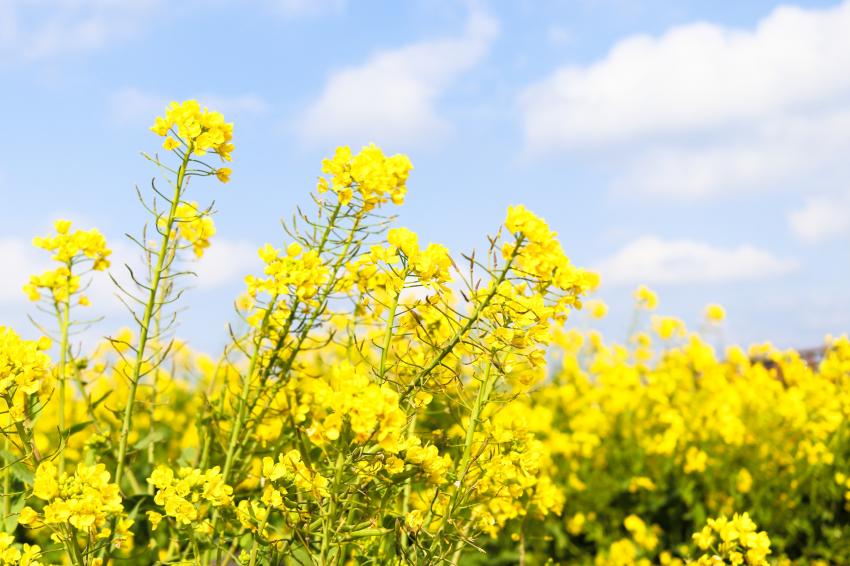DSM and Avril Launch Protein JV
The partnership combines DSM’s patented process and technology for extracting high-quality protein from canola meal with Avril’s 35-year legacy in producing oilseed and protein crops.
The move comes one year after the partners announced their intention to work together to produce a unique protein based on non-genetically modified canola. DSM will market and sell the new protein, to be known as CanolaPRO.
The companies will now begin construction of a manufacturing facility on a site in Dieppe, France, which is owned by Avril subsidiary Saipol. An on-stream date for the new plant was not confirmed, although DSM said in July 2019 that commercial availability from first production could be as early as end 2021.
“This partnership with DSM is part of Avril's strategy to develop and conquer new markets, with the aim of structuring a new high-protein seed sector and thus contribute to increasing France's and Europe's protein self-sufficiency. This project, in line with our commitments, offers a new future for the Dieppe site, while repositioning it on a new activity that will bring growth and industrial sustainability," said Avril CEO Jean-Philippe Puig.
To facilitate production, Avril is investing in the upstream part of its business, capitalizing on its leadership in oilseed crushing and seed sourcing. The group, France’s fourth-largest agro-industrial company, will supply Olatein with non-genetically modified canola meal from the new crushing facilities that will be created on the site.
The complex will also include a biomethane unit, which will contribute to supplying the local energy network, also minimizing the environmental footprint of production overall.
At its Sustainability Forum in Toyko, Japan, in March 2019, DSM said the global population is projected to reach 9.6 billion by 2050, with demand for livestock predicted to increase by 70%. The global livestock industry, it added, contributes to 14.5% of human-induced greenhouse gas emissions, thereby playing a major role in climate change, land, water and biodiversity.




